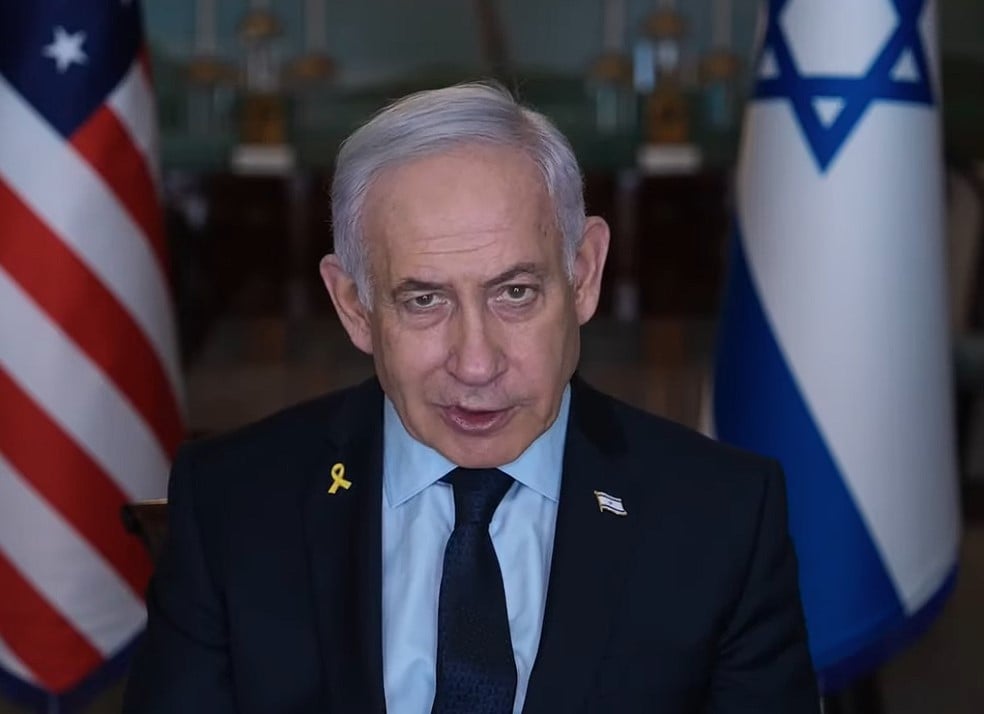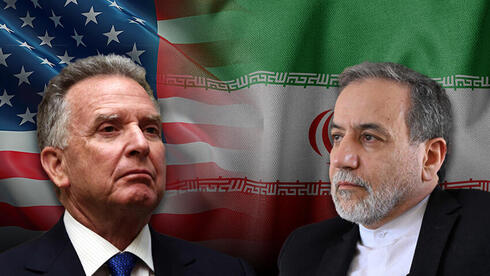The U.S. and Iran held talks in Oman on Saturday and agreed to resume negotiations next week, aiming to curb Tehran’s nuclear program. The meeting followed an April 12 session, during which President Trump warned of military action if no deal was reached.
Special Envoy Steve Witkoff and Iranian Foreign Minister Abbas Araghchi held mostly indirect talks Saturday, mediated by Omani Foreign Minister Sayyid Badr Albusaidi. They also exchanged brief, direct remarks—the first face-to-face contact between U.S. and Iranian officials since the Obama era.
“After the end of more than 2-1/2 hours of indirect talks, the heads of the Iranian and American delegations spoke for a few minutes in the presence of the Omani foreign minister as they left the talks,” Araghchi said on Telegram, calling the meeting “productive and positive.”
He added, “Both sides have agreed to continue the talks next week,” though no date or location was specified.
According to an Axios report, the second round of nuclear talks between the U.S. and Iran is expected to be held next Saturday in Rome, Italy.

 www.worthynews.com
www.worthynews.com
Special Envoy Steve Witkoff and Iranian Foreign Minister Abbas Araghchi held mostly indirect talks Saturday, mediated by Omani Foreign Minister Sayyid Badr Albusaidi. They also exchanged brief, direct remarks—the first face-to-face contact between U.S. and Iranian officials since the Obama era.
“After the end of more than 2-1/2 hours of indirect talks, the heads of the Iranian and American delegations spoke for a few minutes in the presence of the Omani foreign minister as they left the talks,” Araghchi said on Telegram, calling the meeting “productive and positive.”
He added, “Both sides have agreed to continue the talks next week,” though no date or location was specified.
According to an Axios report, the second round of nuclear talks between the U.S. and Iran is expected to be held next Saturday in Rome, Italy.

US, Iran End High-Level Talks, Set Second Round For Next Week - Worthy Christian News
The U.S. and Iran held talks in Oman on Saturday and agreed to resume negotiations next week, aiming to curb Tehran’s nuclear program. The meeting followed an April 12 session, with President Trump warning of military action if no deal is reached.




